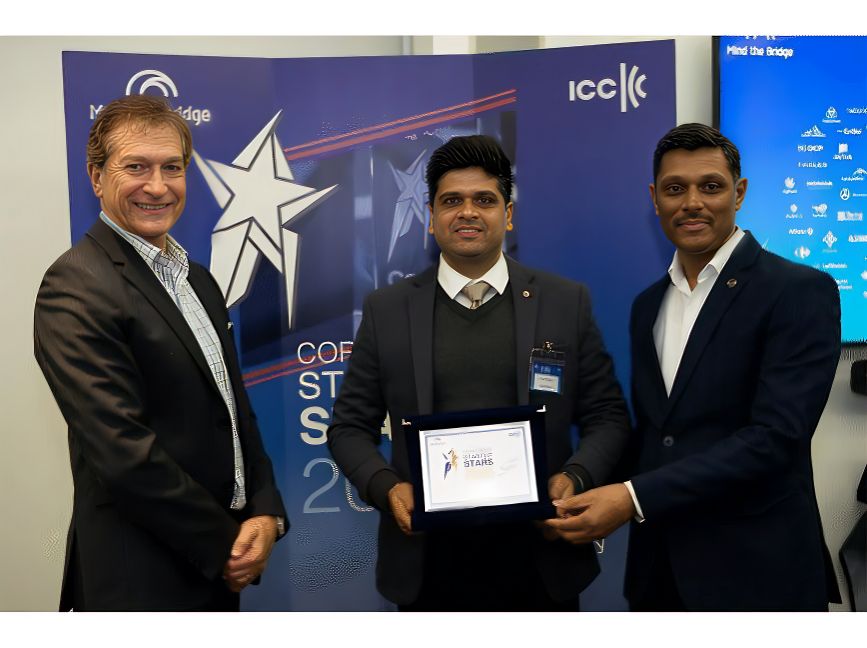Snapchat has newly launched Memories Storage plans with a limit on free storage of 5 GB

SUMMARY
Snapchat has announced the first restrictions on how the free Memories feature may be used in almost a decade of operation as a digital time capsule. The shift is a business model change because the platform has historically enabled users to store their Snaps, or temporary photos and videos, which they had saved over time, freely. A limit to free storage has now been set to 5 GB by the company. Users whose store of Snaps saved surpasses this will need to subscribe to one of the newly introduced Memories Storage plans to access their total archive.
Limitation on free storage and introduction of new paid storage plans
Snapchat has indicated that this new policy will not impact most of its users because the company has indicated that most of them have less than 5 GB of memories stored. The reform is mainly aimed at the thousands of Snap users. The reason behind this change of introducing paid storage is that, as Snapchat wrote in a blog entry, when Memories was originally introduced, the company had no clue that it would be this popular now, with people capturing over 1 trillion memories.
In order to serve users who have extensive collections of Memories, Snapchat has implemented a tier-based paid storage system. The first storage package costs $1.99 per month and has a capacity of up to 100 GB of storage.
The premium packages associated with the platform that are offered as higher tiers also come with additional storage. Snapchat+ users will have up to 250 GB of storage, depending on whether they subscribe at $3.99 per month. The upper-end package is the Snapchat Platinum customers, who are offered a large storage capacity so that they can hold up to 5 TB of data within their $15.99 monthly package. Such features of the system allow users to select a plan depending on the amount of memory they save.
Rationale and growth metrics
Snapchat admitted that transitioning the free service to a paid one will never be easy, but there is optimism that the value of Memories would justify the price. The reasoning behind the implementation of such paid plans is two-fold: to meet the rising costs associated with company infrastructure and to monetise the users with high storage demands. The company indicated that the changes will enable it to continue investing in the betterment of Memories for our whole community.
The site has arranged a proper guideline for memories beyond the 5 GB free storage. Snapchat will temporarily store memories exceeding the storage limit after 12 months. However, in this one-year grace period, all users can download their Memories to their devices to avoid information loss. Depending on whether a user has exceeded the limit and does not want to subscribe to a paid plan, however, the last Snaps to push the user over the free limit will be deleted first, with the oldest Snaps retained.
The introduction of paid plans on the international platform is when Snapchat is recording impressive growth metrics in other markets like India. The firm has recently noted its performance during the Delhi Creator Connect event. During this event, Snapchat stated that 2x content views and 1.5x growth of creators in India is being realized, indicating that the platform is gaining momentum and penetration in India. This intensive user usage that generates trillions plus memories that are stored in the world highlights the growing infrastructure and resource needs that the new paid storage options are meant to address.
Conclusion
The transition of Snapchat to a change where paid storage plans are offered to users of its Memories option, and only 5GB of unused storage remains free, is a notable adaptation to its 10-year-old operating model. The change is a direct reaction to rising infrastructure prices on the basis of users registering in excess of a trillion memories. Snapchat will be able to profit off its power users with its introduction of tiered subscriptions between $1.99 and $15.99 a month and a 12-month grace period on surrendered data, without affecting most of its users in the bloc.
Note: We at scoopearth take our ethics very seriously. More information about it can be found here.
















